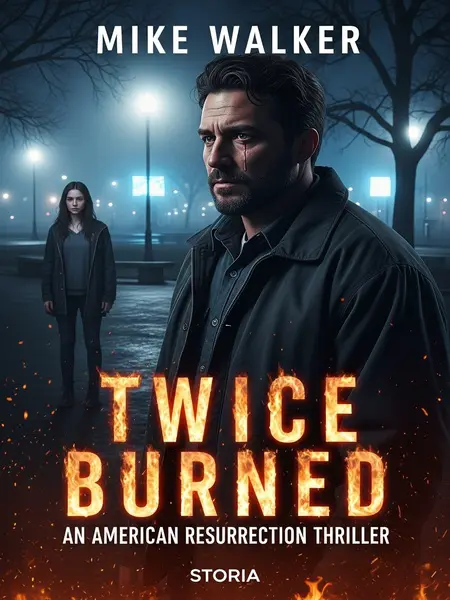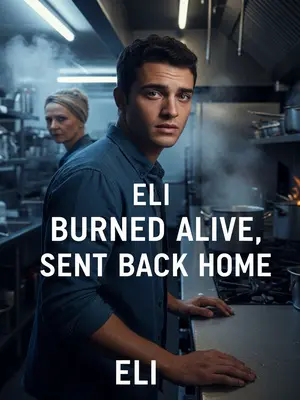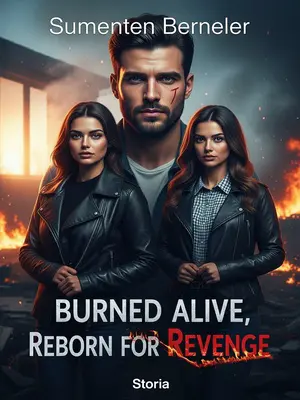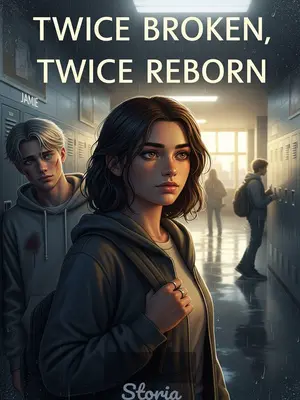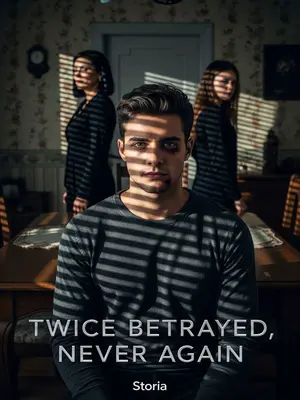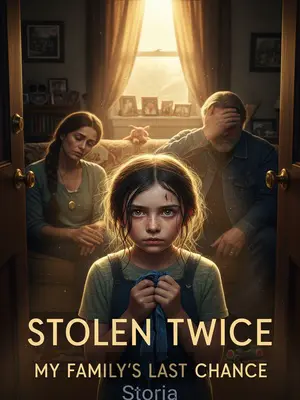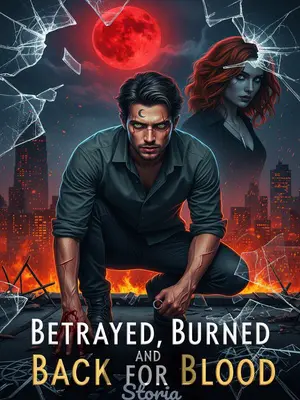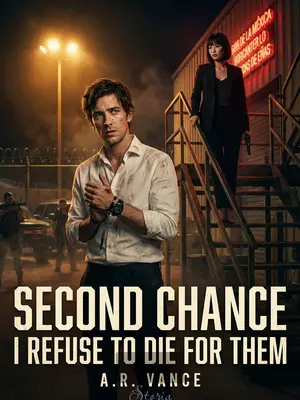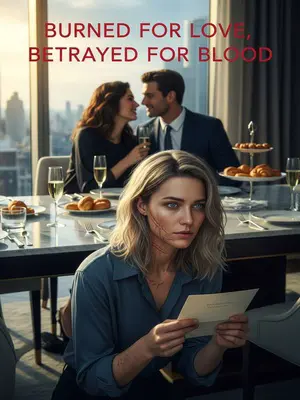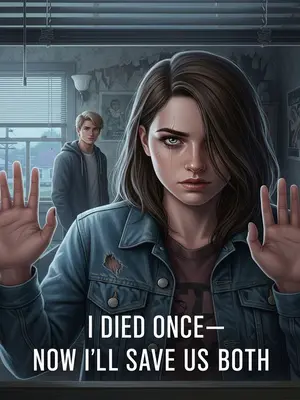Chapter 2: The Second Chance Spiral
"Help! Help... glug glug..."
A faint cry for help floated from the riverbank, barely rising above the wind and the thump of Beyoncé’s “Crazy In Love” from a portable speaker. My chest tightened, déjà vu scraping at my nerves—every detail matched, from the scent of fresh-cut grass to the ice-edged air. I froze, heart pounding, fighting the urge to bolt.
Instinct forced me to look back. The sun flashed off the river’s surface, and for a heartbeat, I saw my own pale, haunted reflection.
It was Easter weekend—the air was warmer, but I still shivered from the cold. A kid shrieked nearby, someone’s grandchild maybe, while I stood rooted to the spot, my security jacket feeling thin as tissue.
Everything was the same: wide lawn, worn path, battered benches, Mrs. Rodriguez leading her crew through another shuffle. My mind raced—was I dreaming, or did fate just hand me a second chance?
"Help, help me..." The voice from the river wavered. My jaw clenched. This time, I wasn’t going to play the hero.
I’m nothing special. Dropped out of high school before graduation, never liked rules or easy answers. Mom always said I was stubborn. Dad left before I could prove him wrong. No fancy degrees—just a GED in a cracked frame. I took a job as a park security guard. It’s not glamorous, but the hours are steady. I walk the paths, shoo teens, call animal control, pick up litter. I know every stray cat in the park.
Delivery gigs—DoorDash, Uber Eats—filled in the gaps. The hours were long, the tips hit or miss, but I kept the lights on and the pantry stocked with ramen and black coffee. Most nights, I ate microwaved mac and cheese on my battered couch, reruns playing in the background, or listened to late-night talk radio after deliveries. Loneliness just came with the territory.
Every month, I took out fifty or sixty bucks to support kids in foster care. It was my ritual. Log in, send a payment, close the laptop—no fanfare, just a hope that maybe I was doing some good. Growing up in foster homes, eating cold soup and wearing hand-me-down sneakers that never fit, I knew how it felt to be forgotten. I never smoked, preferring to put that money toward something that mattered.
With Easter coming, coworkers disappeared for family gatherings. Some bragged about spiral ham and sweet potato pie. I volunteered for the overnight shift—better to keep busy, earn extra cash for the foster kids, and avoid an empty apartment.
But I never expected a simple decision would end up costing me my life. Last time, I heard the cries, rushed over, and found a girl in the river. I jumped in without thinking, training kicking in—keep her head above water, get her to shore. After I saved her, she begged me to save her dog. I dove back in, risking hypothermia, but came up empty. Helpless, I crawled back and told her I’d done my best.
My hands shook as I tried to wrap her in a blanket, offering to call paramedics or animal control. The air stung, and I craved a thermos of cocoa. But she lost it, cursing me, calling me a dog killer. I spread my arms, soaked to the skin. “You think I wanted to freeze to death for nothing?”
She shoved me, tears turning mean. “You didn’t even care! You could’ve saved him if you wanted!” I bit back a retort, thinking of all the stories about good samaritans getting burned. I started to walk away, but she ran to the roadside, screaming for help.
"Help! He assaulted me!" she cried, twisting the truth, her voice rising. The crowd’s mood shifted instantly. “You creep! When you saved me, you were feeling me up, but when it came to my dog, suddenly you couldn’t do anything!”
Her grief curdled into hatred: “That was my only friend! If you don’t save it, you should pay with your life!”
Thank God the crowd saw through her. “You think he could’ve pulled you out by telepathy?” someone snorted. A paramedic checked my pulse, warning, “You’re lucky to be alive. Next time, call 911 first.”
But the girl doubled down, insisting I’d groped her, even reaching under her shirt. The crowd muttered, unimpressed. “She’s out of her mind,” a teen whispered. My hands were blue with cold—I couldn’t have undone a shoelace, let alone something worse.
She lunged at me, clawing my face, sobbing that I’d killed her only friend. Blood welled up. The bystanders called the cops, who took us both to the station. Inside, she spun her story for the officers. I stammered my defense, feeling the floor drop out from under me. With no surveillance, the police told us to go home and wait for updates.
But she wasn’t done. She posted a five-thousand-word rant online, painting herself as the ultimate victim. I tried to defend myself, but it only made things worse. She called me a loser, a twisted old bachelor. #BelieveWomen trended, and my inbox flooded with threats. The park put me on leave.
A burner account messaged: “$30k or this gets much worse.” I deleted it. Soon after, my address was posted online. Someone spray-painted “Creep” on my door. I posted screenshots of my donations, hoping to prove my character. A few people believed me, but not enough.
Then she found my apartment, poured gasoline, and set it on fire. I woke to the hiss of flames, clawed at the windows, caught a glimpse of her through the smoke, and then—nothing. The pain of burning alive never left me.
When I opened my eyes again, I was back in the park, the river glittering under the morning sun. I forced cheer into my step and joined the line-dancers. “Ladies, crank up the music! Let’s get hyped!”
Mrs. Rodriguez and the crew grinned, blasting the music, their laughter rising above the river’s call. I joined in, stumbling through the steps, trying to forget why my heart was racing. The music drowned out everything—including the girl’s cries for help.

